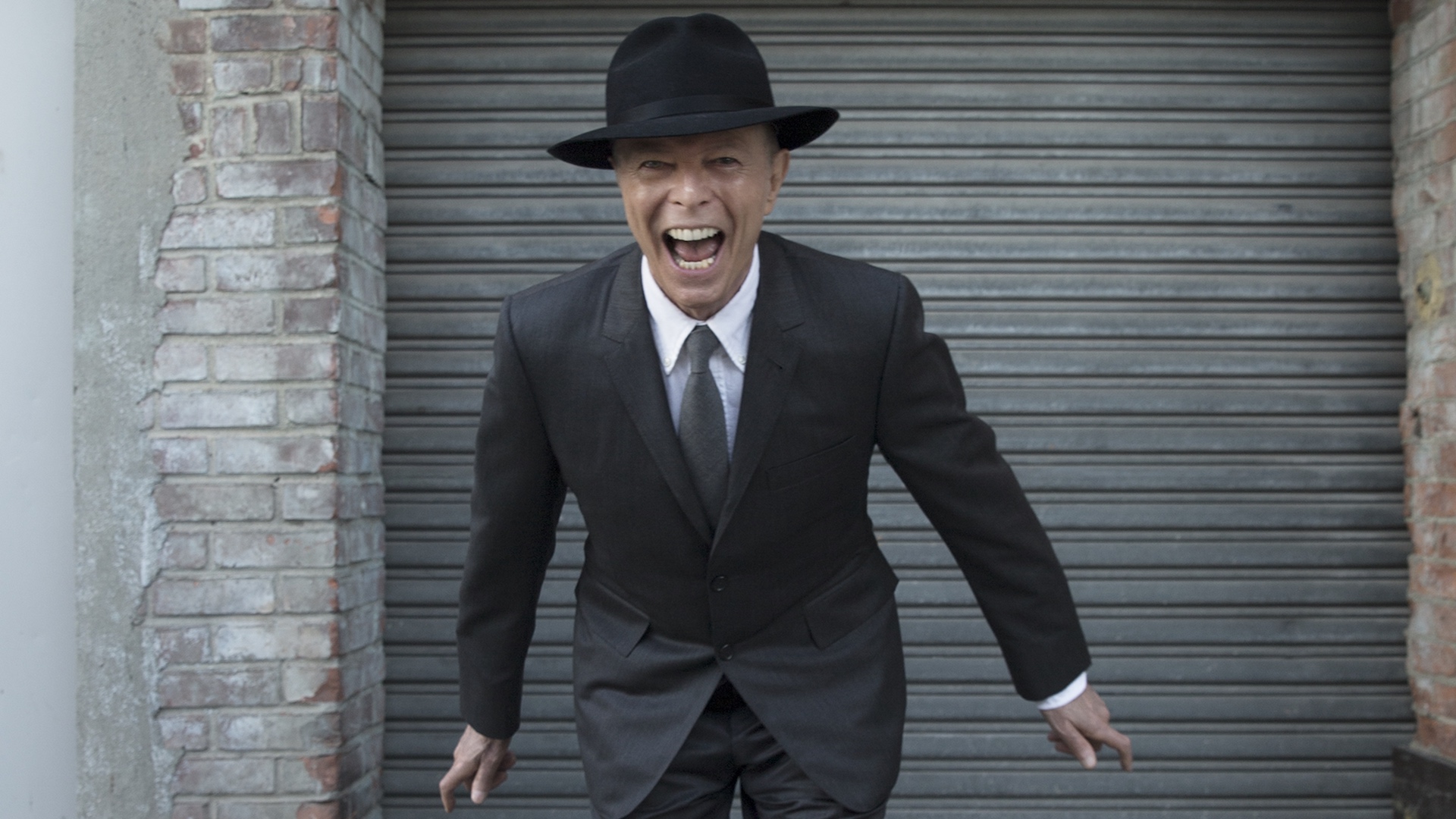In listening to David Bowie’s ★ last week and today, certain details stand out. Lines like “I’m dying to” (on the stunning “Dollar Days”) transform, becoming, in this case, “I’m dying, too.” Deeply sung notes, as heard at the peak of his belted “goodbye” in “Sue (Or In a Season of Crime),” sound more physically and emotionally strained than before once you realize what it must have taken to sing them. And questions like “Who the fuck’s gonna mess with me?” and “Where the fuck did Monday go?” in “Girl Loves Me” really sting when you realize, in the first case, that Bowie’s query was likely more metaphysical than physical, and, in the second, that he died on a Sunday.
Before anyone had this painfully romantic perspective to apply, ★ was already a well-deserved success. His best in decades, it could absolutely be argued—and not because he hadn’t put out tremendous music recently, because he had, and not because the bar had been lowered because of his age and status, because it hadn’t. What exists musically on the album is legitimately as relevant as anything else being put out today. In seven songs, he made a bigger impact from his deathbed than most artists do in the prime of their life. If you needed any more evidence that the man actually was from Mars, let that be it.
But then to deepen the album’s punch, making his death a part of the proceedings—all without ever saying a word about it to much of anyone? Truly a next level finale. Astounding to say—particularly when you consider what he contributed to culture over a fifty-year career—but with his last album, Bowie elevated his artistic reach to new heights. He played us like a glittery fiddle, and then snuck out the fire exit before we had a chance to applaud.
In retrospect, Bowie had been suspiciously quiet since his onstage heart attack in 2004, declining interviews until the bitter end. Of course, it’s not hard to believe that a creature who once survived on a diet of “red peppers, cocaine, and milk” had simply been in ailing health, but it doesn’t seem like the disease that took him played into that. Instead, it seems that Bowie had essentially moved past traditional media—and was interested in a more organic form of artist/fan interaction.
He played us like a glittery fiddle, and then snuck out the fire exit before we had a chance to applaud.
A few days ago, FACT had the good sense to highlight a segment of a 2000 BBC interview in which Bowie thoughtfully—and enthusiastically—shares his prediction for the future of art. In it, he matter-of-factly states his belief that, looking forward, “The piece of work is not finished until the audience comes to it and adds their own interpretation.” He goes on, saying, “What the piece of art is about is the gray space in the middle—that gray space in the middle is what the twenty-first century is going to be about.”
Since the news took over the Internet on Sunday night, his prediction can now officially be considered a prophecy. This article’s very existence is a slice of the proof: here we all are interpreting at the speed of life, using the vibrant colors of Bowie’s past to fill the gray space between the artist and his audience. Between the product and its message. Between the black and white of a dying star. FL







